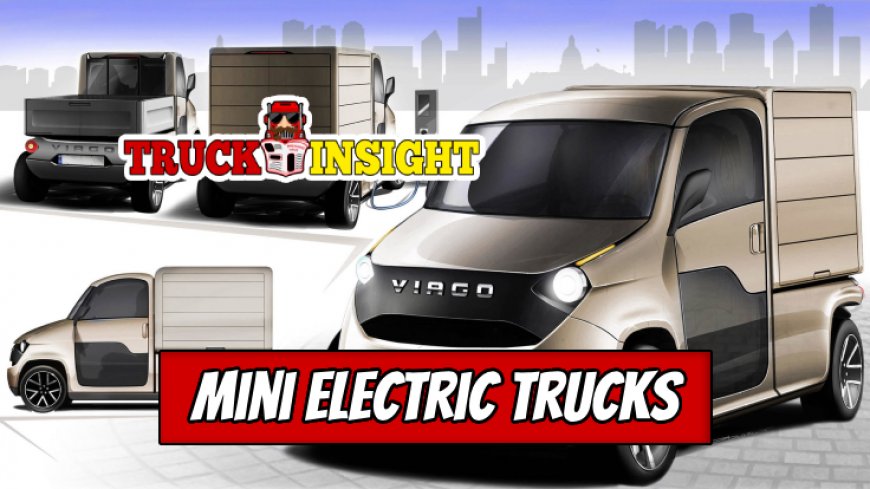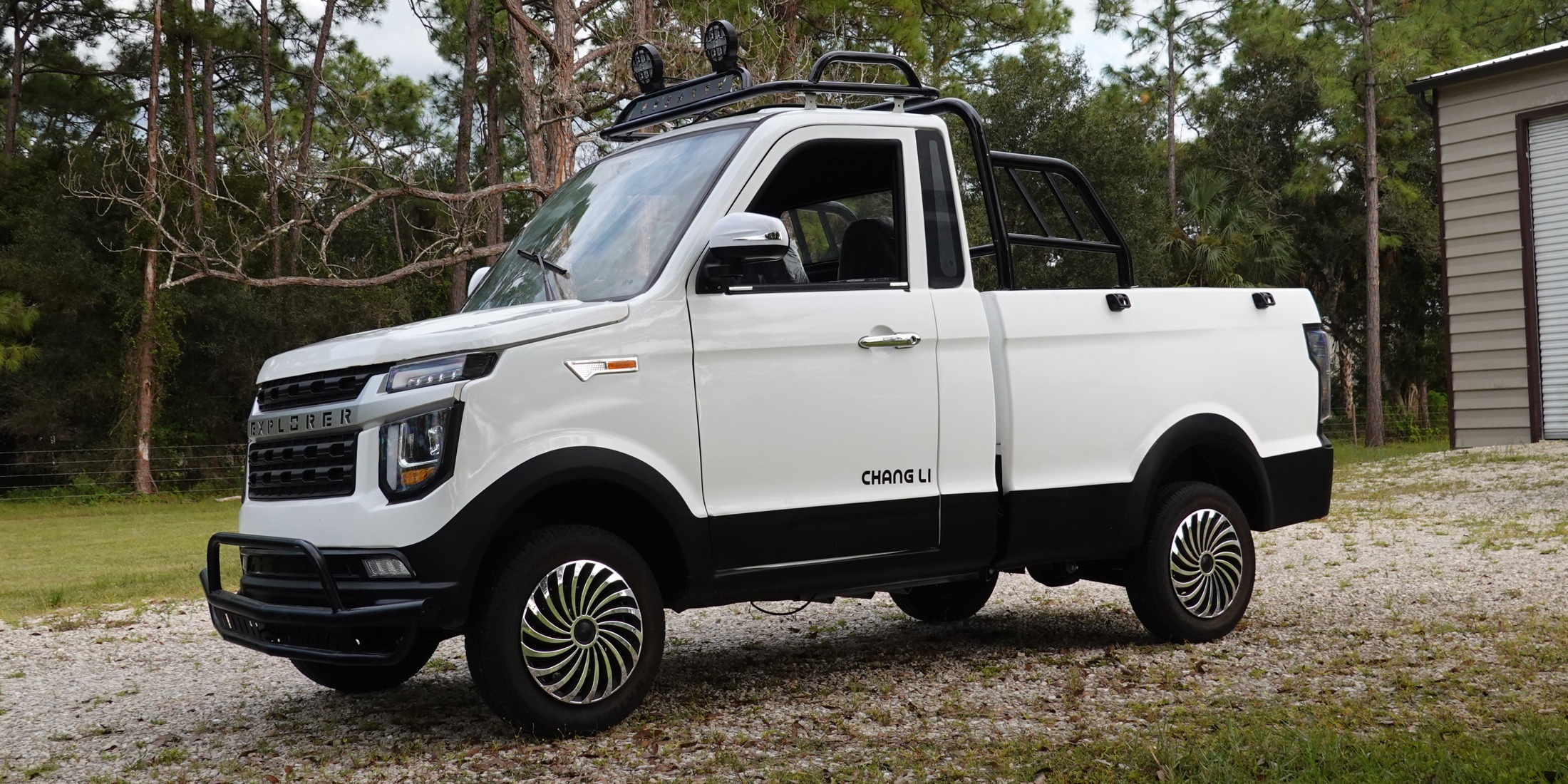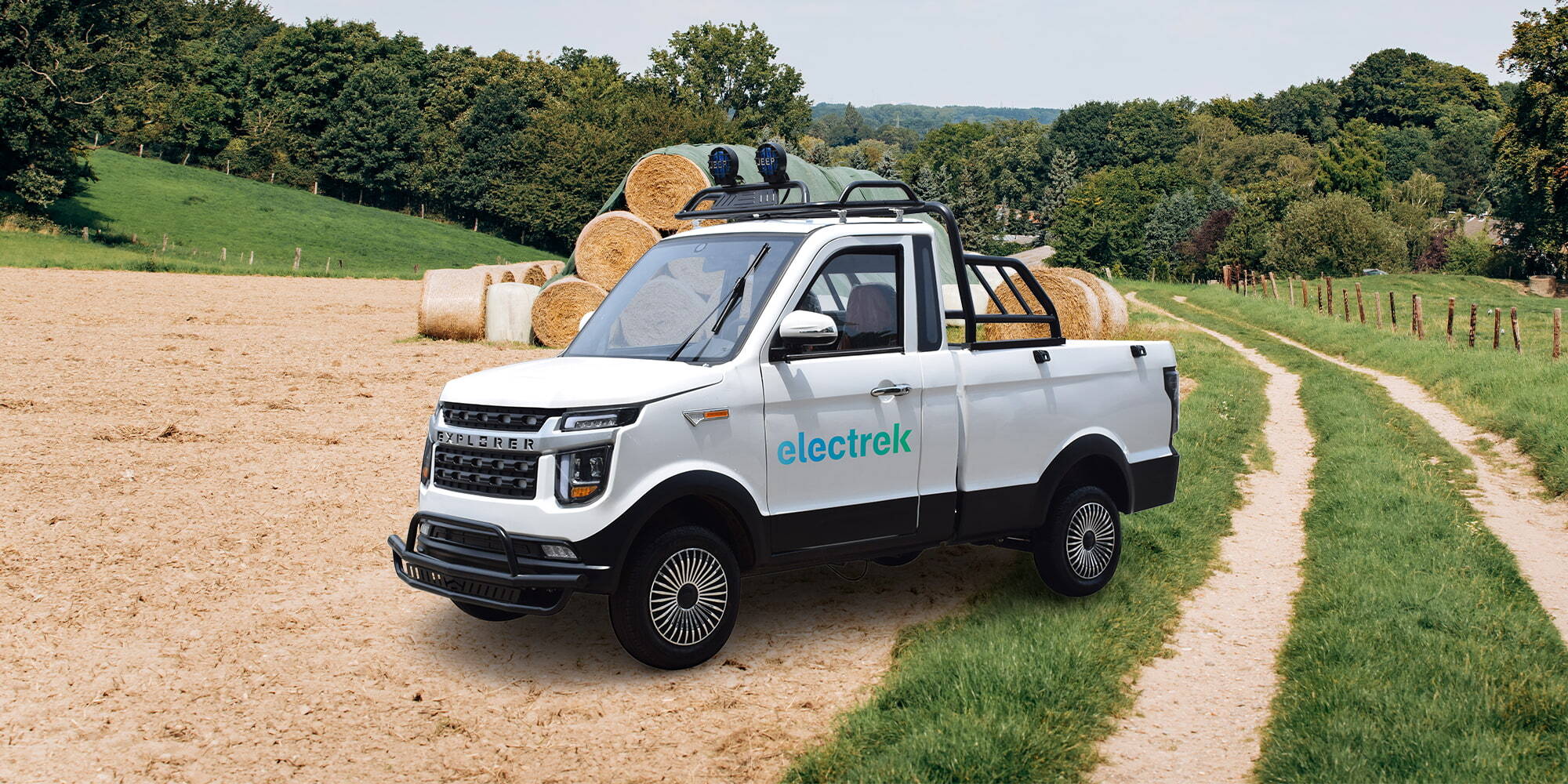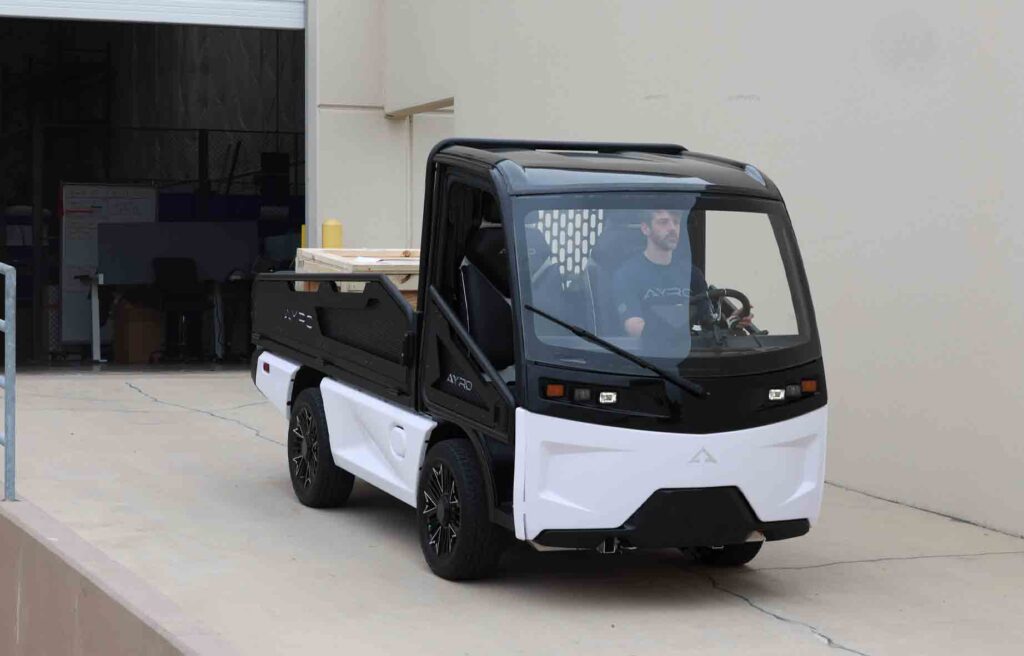Investing in Mini Electric Trucks - Is it Worth it?
Evaluate the benefits and potential return on investment of purchasing small electric trucks for personal and business use.

With growing concerns for the environment and increasing pressure on businesses to reduce their carbon footprint, Mini Electric Trucks are gaining momentum in the market. This novel trend, initiated by major industry players, seeks to revolutionize the trucking industry by offering an eco-friendly and cost-effective substitute for traditional fuel-run trucks. But are they a sound investment?
A Look at Mini Electric Trucks
The rise of these compact, battery-operated vehicles reflects the industry's shift towards sustainability and efficiency. In order to evaluate their worth, however, we must understand their working mechanism, benefits, and potential drawbacks.
Table of Contents
- Advantages of Mini Electric Trucks
- Disadvantages of Investing in Mini Electric Trucks
- Market Analysis of Mini Electric Trucks
- Projecting the Return On Investment
- Perspectives on Mini Electric Trucks
- Is investing in Mini Electric Trucks Worth it?
Advantages of Mini Electric Trucks

Firstly, Mini Electric Trucks are eco-friendly. Unlike their diesel counterparts, they produce no direct CO2 emissions. This can dramatically reduce your organization’s carbon footprint, proving your commitment to sustainability.
Secondly, they are energy-efficient. Modern electric motors can convert up to 60% of the electrical energy from the grid to power at the wheels. In contrast, conventional petrol engines only convert about 20%. These savings could drastically reduce operational costs over time.
Thirdly, due to their minimal noise production levels, their operation is less disruptive in residential or quiet areas. This can be particularly beneficial for late-night or early morning delivery services.
Disadvantages of Investing in Mini Electric Trucks

Unfortunately, there are also some considerable disadvantages to consider. One such issue is the limited driving range. Electric trucks, particularly the smaller ones, often lack the capacity to hold a long-lasting charge. This could be a severe limitation for businesses that require long-distance travelling.
Understanding the Battery Issue
Perhaps one of the most critical issues is their dependency on batteries. The most commonly used lithium-ion batteries have a finite lifespan. Over time, their capacity to hold charge diminishes, which means they will need to be replaced at some point, adding to the overall running costs.
Additionally, charging infrastructures, especially in more remote areas, can be rather sparse. This may contribute to the inconvenient shortfall in the electric truck's driving range.
Market Analysis of Mini Electric Trucks

The market for Mini Electric Trucks presents a mixed bag. There's high demand for sustainability and efficiency, which favors their growth. Yet, there are considerable uncertainties, primarily driven by infrastructural challenges and the overall development of electric vehicles.
Here are a few key findings from recent market research:
- According to a report from Allied Market Research, the global electric truck market, which includes Mini Electric Trucks, is expected to reach $38.8 billion by 2027, growing at an impressive CAGR of 25.8% from 2020 to 2027.
- A study from Frost & Sullivan predicts that electric truck sales could surpass diesel-powered sales in some markets by 2035. This is largely due to advancements in technology, governmental policy support, and increased awareness about sustainable practices.
- A survey conducted by UPS and GreenBiz revealed that nearly half of all logistics companies are actively exploring the use of electric vehicles, including electric trucks.
Despite these positive trends, it is essential to remember that market dynamics can shift quickly, especially in as volatile a sector as electric vehicles. The above figures and predictions should factor into your decision, but they shouldn't be the sole basis of your investment.
Projecting the Return On Investment
Investing in Mini Electric Trucks involves an initial outlay for the vehicle itself, potential infrastructure costs to support electric charging, and the cost of electricity. However, the return on investment (ROI) should ideally be considered over the lifespan of the vehicle, factoring in operational savings derived from fuel and maintenance compared to a combustion engine variant.
An illustrative example
Consider an example where a business purchases a Mini Electric Truck for $50,000. On the other hand, let's say a diesel truck of similar capacity would cost only $40,000. This implies an incremental upfront investment of $10,000.
The electric truck, however, could potentially save around $600 per month in fuel and maintenance costs. Therefore, over a term of 5 years (or 60 months), the business can save around $36,000 on operational costs. If we subtract the additional upfront investment of $10,000 from these savings, we could estimate a net saving of around $26,000 over 5 years or roughly $5,200 per year.
For a more accurate assessment, investors should consider factors specific to their business, such as usage patterns, local electricity cost, availability of charging infrastructure, and financing options available for the purchase.
Perspectives on Mini Electric Trucks

As the technology matures, many companies are showing a keen interest in Mini Electric Trucks. Amazon, for instance, has committed to have 10,000 custom electric delivery vehicles on the road by 2022. Understanding the perspective of such big players may offer valuable insights for potential investors.
"Our investment in these trucks is part of our commitment to improving customer service, lowering costs, and reducing our impact on the environment," - Dave Clark, Amazon's Senior Vice President of Worldwide Operations.
While the path to full electrification has its challenges, leading indicators suggest a growing trend towards the adoption of Mini Electric Trucks in various sectors such as local delivery services, utilities, and municipalities.
Is investing in Mini Electric Trucks Worth it?
To answer this question, we must consider several factors. Mini Electric Trucks offer certain distinct advantages such as reduced CO2 emissions and operational savings. However, limitations like battery life and charging infrastructure can pose hurdles, especially for businesses that require long-distance or extended operations.
A careful analysis of upfront costs, operational savings, environmental impact, market dynamics, and user perspectives can provide a decent assessment. However, the decision ultimately depends on one's specific business needs, operational dynamics, and long-term sustainability goals.
While it's not a one-size-fits-all kind of solution, Mini Electric Trucks could be a viable option for businesses seeking to reduce their environmental footprint while achieving operational efficiency. Whether it's a worthy investment or not, will largely boil down to individual circumstances.
What's Your Reaction?





























































